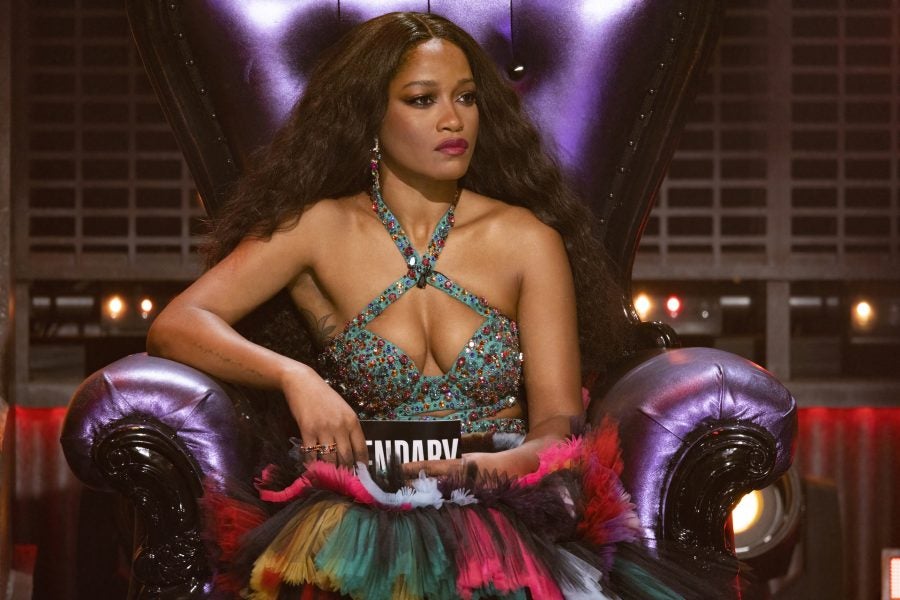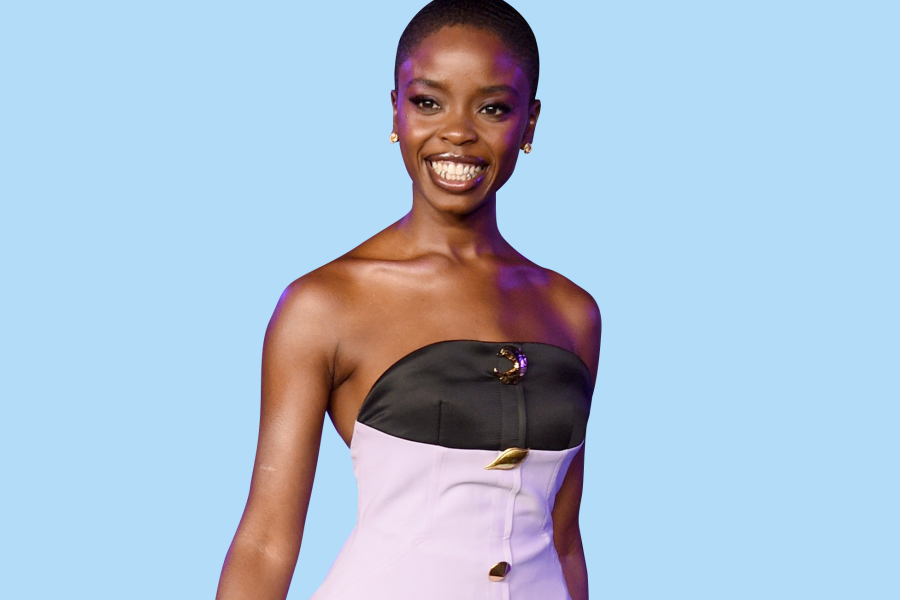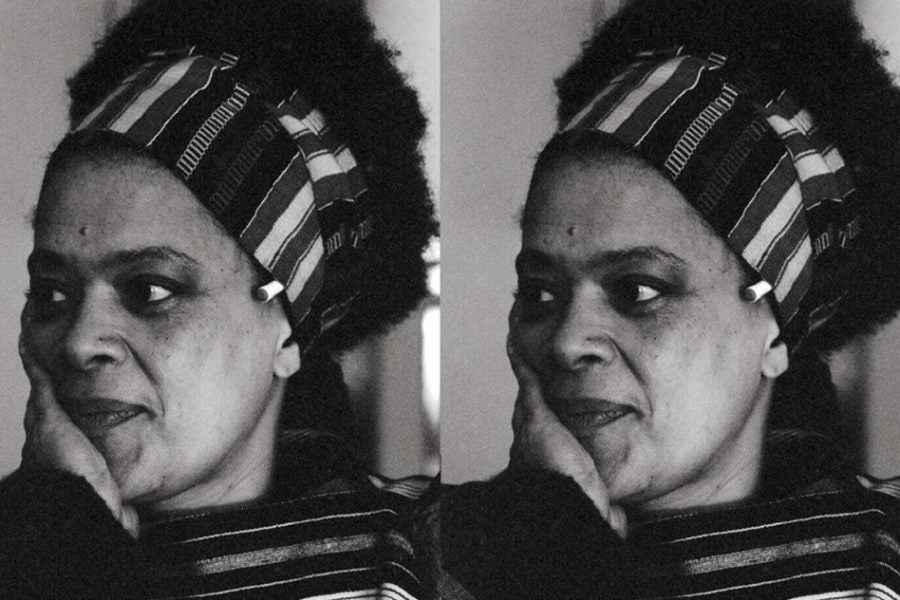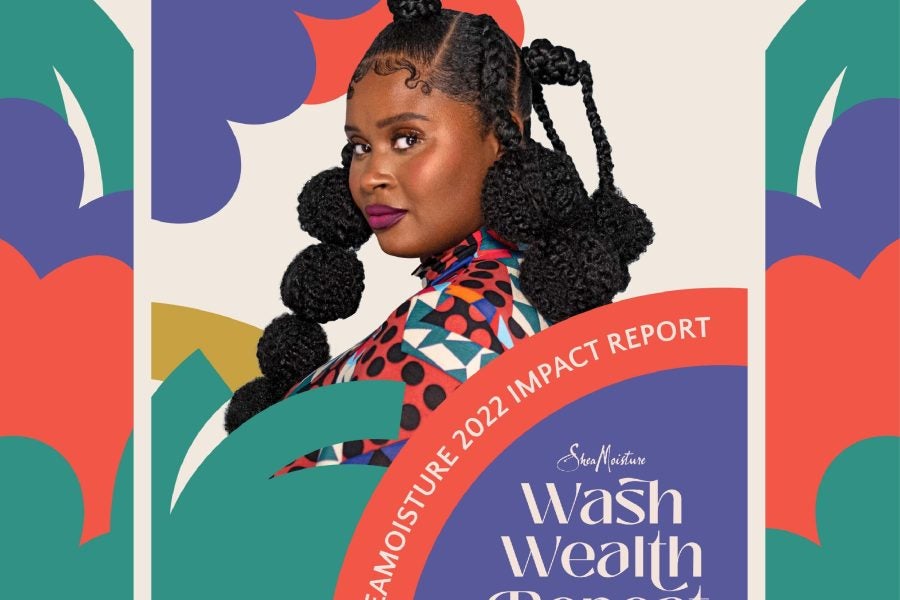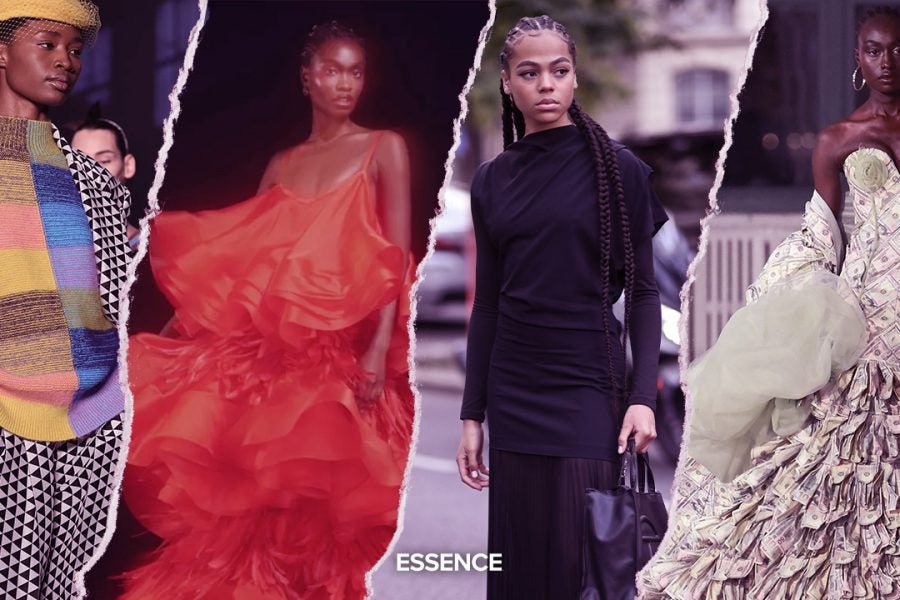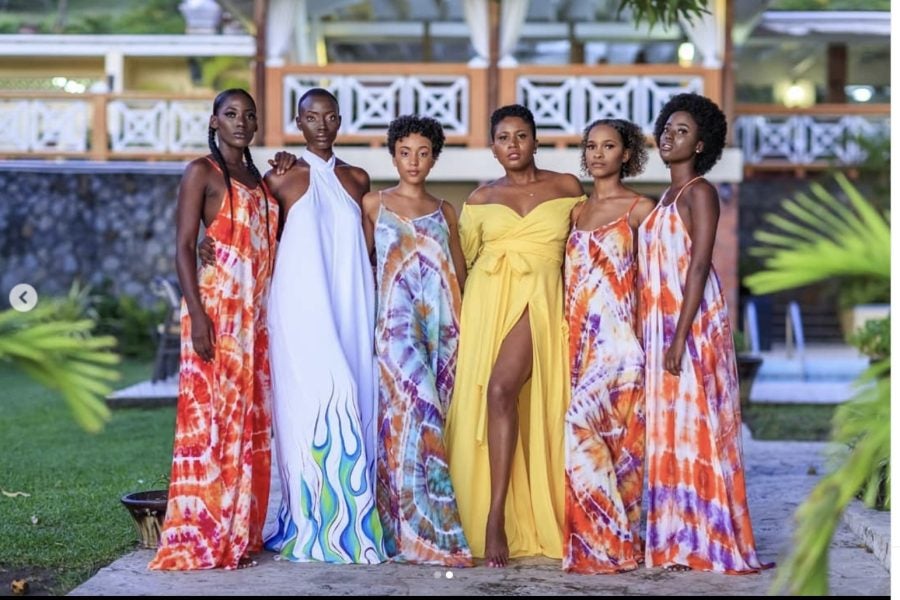
Neeka Anderson-Issacs remembers being frustrated when she learned that she would have to travel from her home in St.Vincent and the Grenadines to Barbados for surgery to treat her endometriosis. Her frustration grew when her attempts to raise the funds ($30,000 Eastern Caribbean Dollars, or about $11,000 U.S.) for both the procedure and her travel costs failed.
“The entire diagnosis and treatment process is very costly, not to mention emotionally, physically and psychologically taxing, and draining,” Anderson-Isaacs tells ESSENCE.
“Most people are not in a position to be able to afford it, and so many suffer in silence. A lot of women do not even know where to seek out help,” she adds, recalling that just one of her prescribed medications was as expensive as $600 per month.
According to the World Health Organization, endometriosis is a condition where tissue that usually lines the uterus grows outside the uterus. This results in an inflammatory reaction that can form scar tissue within the pelvis and other parts of the body.
The chronic disease can cause painful periods, chronic pelvic pain, fatigue, depression and infertility. This affects a woman’s quality of life and can have a severe impact. Endometriosis affects an estimated 1 in 10 women of reproductive age, which is about 176 million women globally. It takes a woman 7 to 10 years to be diagnosed on average. Black women are as likely as other women to have the disease, but they are less likely to be diagnosed and treated for it, which can lead to further health problems.
As a media professional and health advocate, Anderson-Isaacs decided to combine a few of the things she’s passionate about to raise funds and awareness about endometriosis, reach the masses, and help other women like her.
“I aimed to use the platform of fashion, arts, and music, fuse them together with families coming together in order to support a worthy cause that is important to a lot of women,” she says.
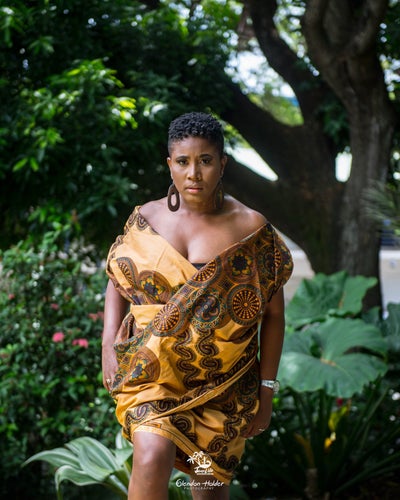
In 2018 she launched FAM For Endometriosis under her company Jumplife Entertainment. FAM, she says, has a dual meaning, one being fashion, art, and music and the other being the abbreviation of the word family, spotlighting the importance of family support for women with endometriosis.
“It allows for artists, it allows for creatives, it allows for designers, everybody to lend their voice and their talent to something that is meaningful because we can contribute in different ways,” she explains.
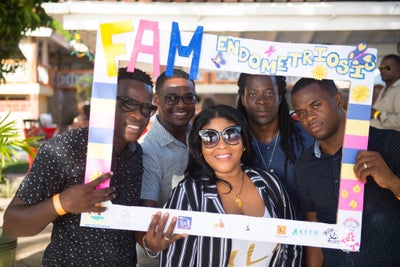
In November, FAM recently had its fourth annual endometriosis awareness campaign and fundraising events. This year’s events were held over the course of three days and included a cocktail and networking reception and a symposium for women living with endometriosis or at risk of developing the disease. It featured local medical professionals as well as specialists from Barbados and Jamaica.
The start of this year’s events on November 18 was marked by a very special milestone, as this self-described endo-warrior and her husband celebrated the second birthday of their son, Malik.
“It is very symbolic that I did it on his birthday because I didn’t know it was possible for me to have a child. So it has been such a blessing to be able to be in this position and to be able to share that story. Just me being pregnant and being able to carry a child to term and deliver that child brought a lot of hope to women,” she says.
The fundraising initiative featured its signature fashion show, highlighting some of the island’s top designers, artists, and musicians, including violinist and cultural ambassador Darron Andrews, pannist Rodney Small, and fashion designer Kimon Baptiste-St.Rose. The weekend wrapped up with a panel discussion and beach yoga session.
In addition to the annual events raising awareness about the disease, FAM provides counseling resources, a support group, and some financial assistance to women seeking medical treatment for endometriosis. Anderson-Isaacs says regular support services are critical, especially for Black women who often face significant disparities when seeking care.
“Access to proper health care and quality health care is not always given to Black women,” says Anderson-Isaacs. “So as Black women, it’s important to pull us together from all different qualifications and from all different parts of life because whether in Jamaica, or Barbados, or St. Vincent, or in the USA, we all have a story to tell, and it’s important that we stand together.”
This endo-warrior says she hopes that her story and the work she and her team have been able to do helps inspires others to pay it forward and do their part to support women with endometriosis and other reproductive issues.

